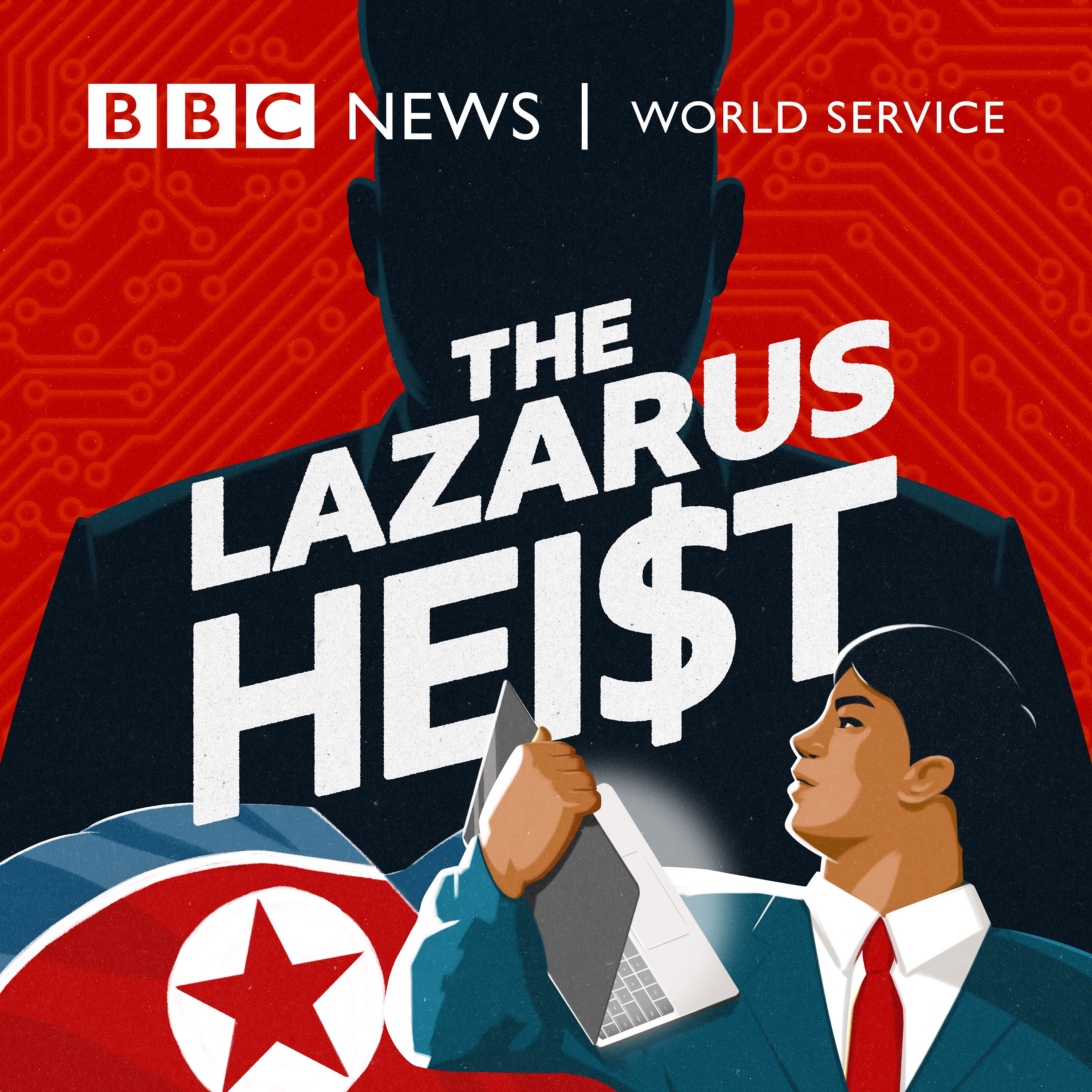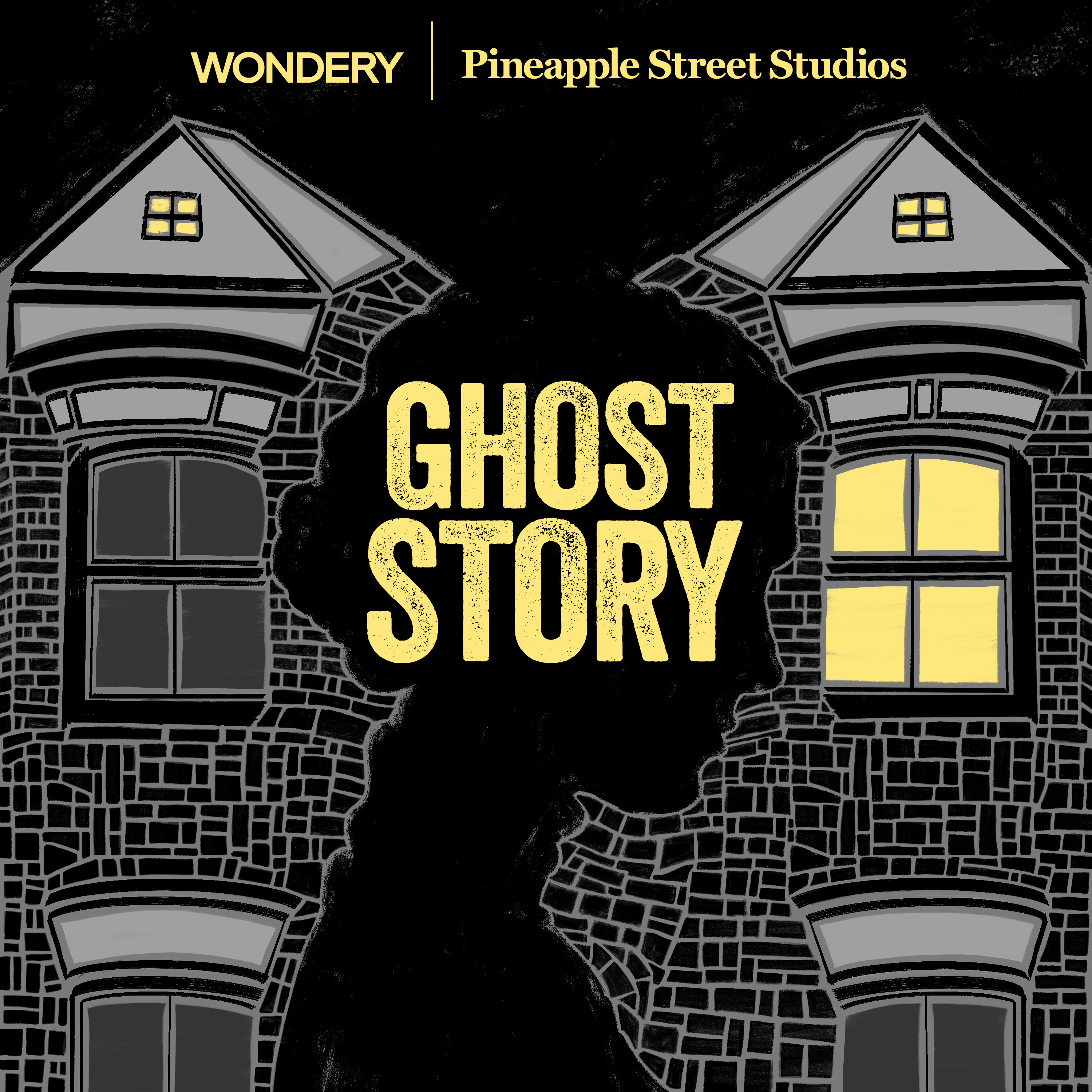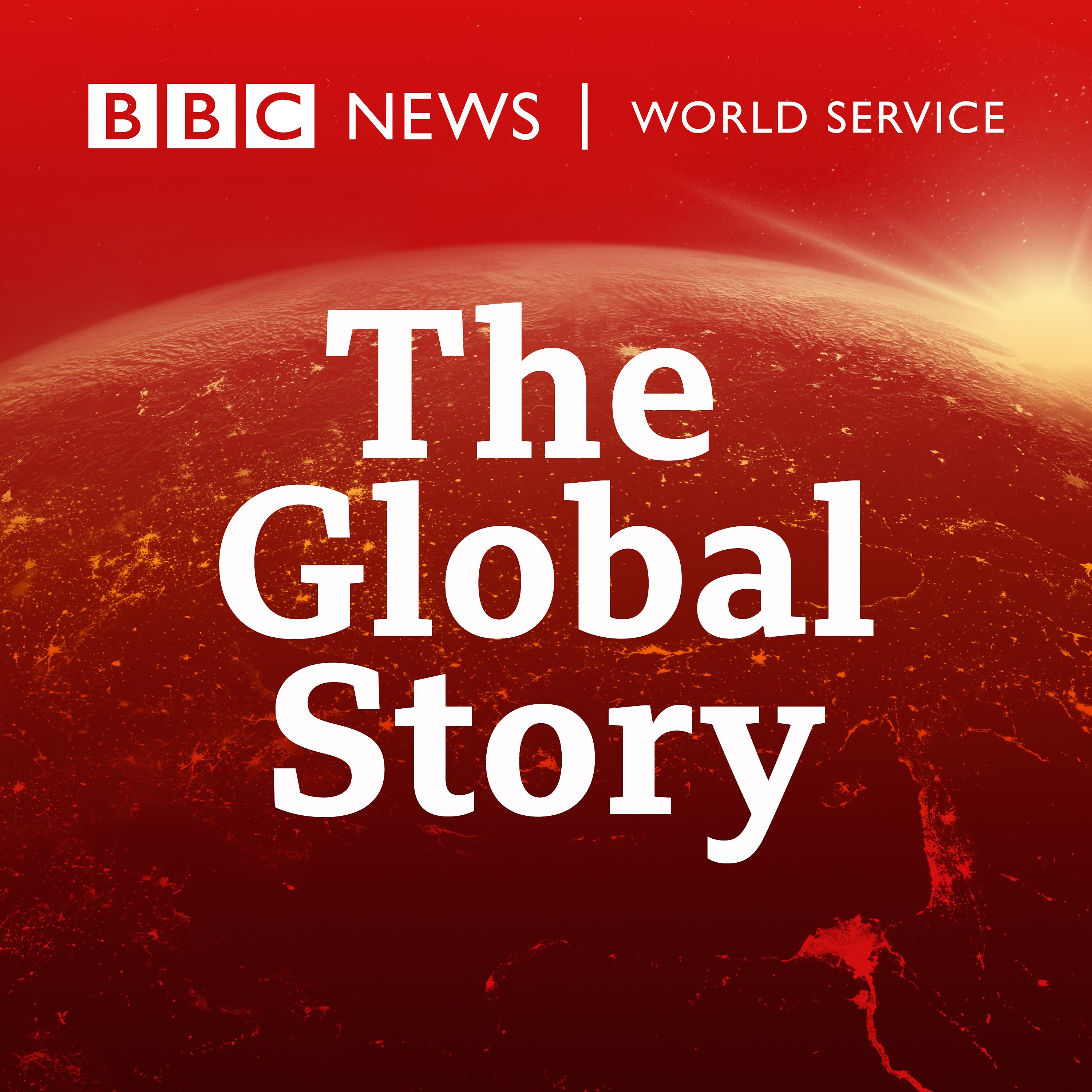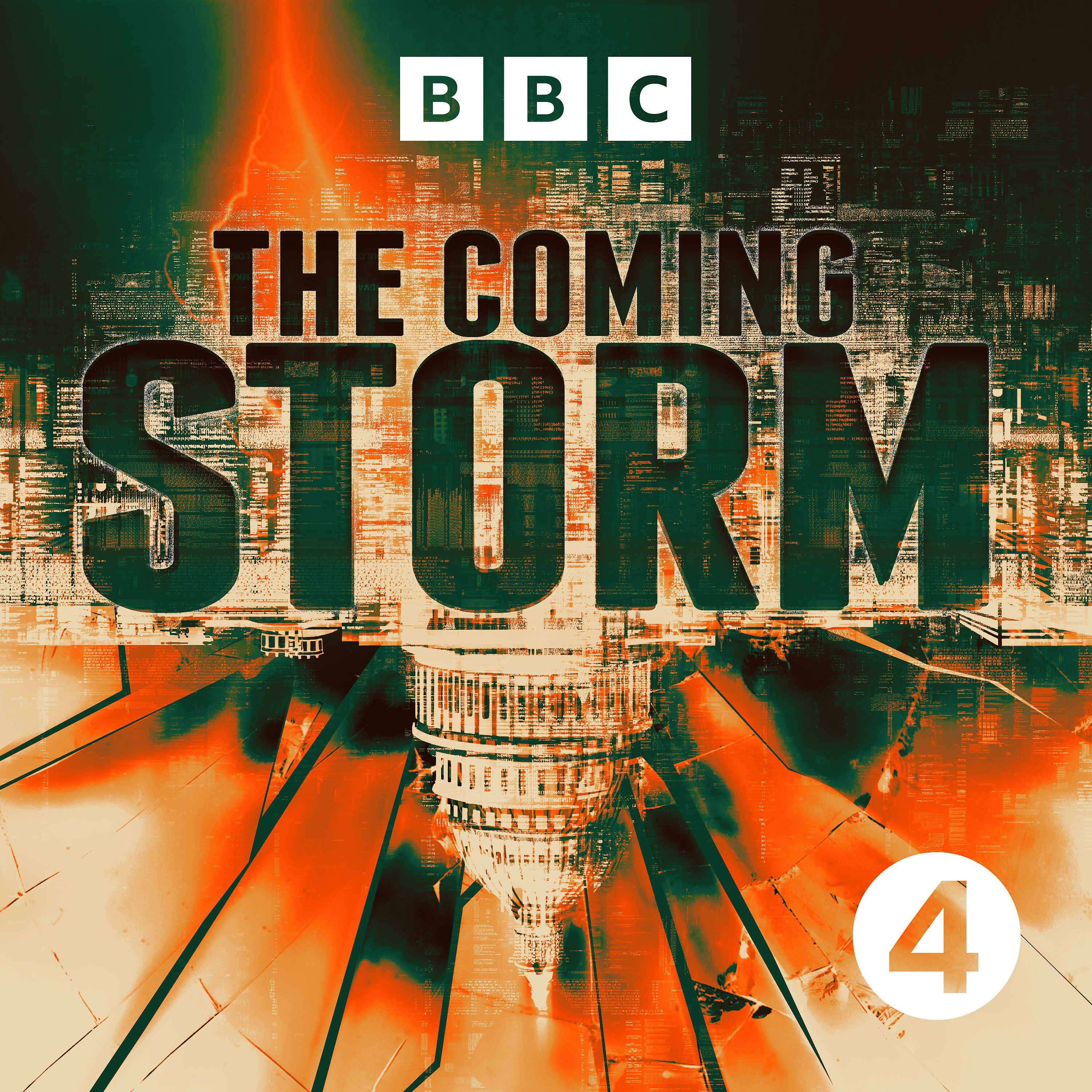
Brian's Run Pod
Welcome to Brian's Run Pod, the podcast where we lace up our running shoes and explore the exhilarating world of running. Whether you're a seasoned marathoner, a casual jogger, or just thinking about taking your first stride, this podcast is your ultimate companion on your running journey.
Join us as we dive deep into the sport of running, covering everything from training tips and race strategies to personal stories and inspiring interviews with runners from all walks of life. Whether you're looking to improve your race times, stay motivated, or simply enjoy the therapeutic rhythm of running, Brian's Run Pod has something for every runner.
Brian's Run Pod
Celebrating milestones with Paul Butler part 2
Imagine lacing up your sneakers and stepping out into the freshness of a Saturday morning, joined by a community of like-minded individuals all driven by the same passion for running. This is where we find our local hero, Paul, who's not only hit the milestone of 251 parkruns but has woven this pursuit into the fabric of his family life. We kick off our episode with a heartfelt celebration of his achievements, delving into the rich tapestry of parkrun culture. However, it's not all finish lines and personal bests; we tackle the controversy head-on—the recent removal of statistics from the parkrun website, exploring its ripple effect within the running community.
Ever considered joining the ranks of early morning joggers but didn't know where to start? This episode is just what you need, sprinkled with advice and anecdotes from my own parkrun adventures. From tackling those formidable northwest hills to cruising the serene paths by Cardiff's River Taff, I'll guide you through embracing the joy of running without letting it overwhelm you. We discuss finding that sweet spot between pushing your limits and giving your body the rest it craves, and offer strategies for staying motivated and injury-free. Join us as we map out the path for newcomers to become seasoned runners, one stride at a time.
Rounding out our conversation, we shine a spotlight on the unsung heroes of the running world: the clubs and communities that make the solitary act of running a collective experience. Hear from Paul again, as his stories are just too compelling to fit into one episode, prompting us to split our chat into a two-part special. We delve into the allure of joining a running club, the camaraderie found in volunteering, and how my daughter went from 'Couch to 5K' under the inspiring wing of Mo Farah's legacy. So, plug in your headphones and let us accompany you on your next run – or your first – because this is an episode that's pacing itself right alongside you.
Brian's Run Pod has become interactive with the audience. If you look at the top of the Episode description tap on "Send us a Text Message". You can tell me what you think of the episode or alternatively what you would like covered. You might even get a mention!
Instagram
So you're thinking about running but not sure how to take the first step. My name is Brian Patterson and I'm here to help. Welcome to Brian's RunPod. I'm your host, brian, and today we're diving into a second installment of my chat with an incredible Paul. Now let me tell you Paul's no ordinary runner. He's just crossed the finish line of his 250 park run, and can you believe it? As always, I'm stoked to bring you stories from our local running community, and Paul's journey is nothing short of inspiring. In this episode, we'll be unpacking Paul's achievement and digging deep into what it means to reach such an impressive milestone. So lace up your running shoes, grab your water bottle and let's hit the pavement together as we explore the passion and dedication behind paul's remarkable feat and you've done 250 of them yeah, 251, but who's counting now?
Speaker 2:yeah, yeah, so yeah you know I've really enjoyed, uh, doing parkrun over the years. You know I used to for a long period. I used to run there and then run it and then run home afterwards, yeah, from bushy, and then there was a period of time where I pushed my daughter around in a running buggy. But it's funny to look back at that now you know she's now running it, yeah, so yeah yeah, she's running it now.
Speaker 2:Anyway, that's right and I ran it, I think. Reminds me that mo farah's only run it once. Oh, and I ran it on the same day as mo farah, so I can say that I finished sort of 30 places behind mo farah in a park run, which is quite a nice thing to be able to say.
Speaker 1:So, yeah, yeah so you do so. The other park run you did well, local to us is Crane Park. Yeah, so, and do you prefer that one? I mean, I know it's a very different route.
Speaker 2:Yeah, I think you know I probably do really. But the reason I prefer it now is because it allows me to do it with my family more simply and I quite like this sort of smaller sense of community, the scale of it. I like the route, I like the fact you can get up there very straightforwardly from where we live. The people there are really friendly and I've become a bit more involved. I've volunteered more since I've been going to Crane as well, so I did a bit of volunteering at Bushy. But I've started to really quite enjoy just doing things like the finish token and doing a marshalling role now and again and using it as a way of sort of demonstrating to my children that they can get involved in volunteering as well, and you know the pleasure that can come from watching other people enjoy themselves.
Speaker 1:It's quite nice do you think the success of pot run is because it doesn't take the event, doesn't take itself too seriously as a running event, or?
Speaker 2:so we're getting interesting, interesting territory there, because obviously we've. There's been quite a lot of controversy recently around some of the stats and things being taken off the website. No, I didn't know that. So yeah, there's a lot of coverage at the moment around the fact that you know Parkrun's removed some of the stats that people you know, relied on for their own enjoyment from the run.
Speaker 2:So some people are very statistically driven, I think, particularly people who may be autistic or are maybe quite obsessional in their nature. So it's caused a bit of an ongoing debate at the moment for the last couple of months and some of the natives are a little bit restless, which I find a bit unfortunate, because I think a lot of the success from Parkfront comes from the fact that people love that sense of community and what's going on centrally shouldn't detract from what people enjoy locally. So you know, I still just enjoy going there on a saturday morning and enjoying it for what it is, and I think a lot of other people do. The difficult thing is that some people, you know, really enjoy that that thing of being up against each other and seeing what the record is for that particular park run, because runners are in their nature quite, you know, quite interested in statistics and you know who did what and when.
Speaker 2:So I think you're right, I think a lot of the success has come from it being fairly informal, but I think a lot of the success has also come from the ability to to scale it and, you know, create something that's quite uniform in a lot of ways, with its own sort of individual personality, depending on where the event is.
Speaker 1:Well, that's a shame that it has become a little bit controversial. I suppose then again it's become so massive, I mean in terms of throughout the world it's been so successful. I mean I would have thought you know the famous app is Strava, which is obviously you know. If you wanted to look up your stats and you can compare whatever, that's probably an ideal sort of metric. You know on the web that you can do that. But, it's a shame because I mean, I think originally he started it.
Speaker 2:Paul sort of started up because he was injured and he had a bunch of friends and he wanted to go running and he was frustrated that he couldn't go running because he was injured and it and it helped his mental health as well so I can remember really fondly actually that you know, because he we used to finish and paul, yeah you know, used to give his time We'd always finish and he used to be sat on these boots with a clipboard and he used to write down your name. He used to go up with a little round circular tag. Hand your tag over, he'd write your name and that was the way the results were processed each week, which obviously isn't sustainable, and I think one of the you know, one of the beautiful things about parkrun is the way they have scaled up into so many different locations and created systems that have allowed them to do it very easily, you know, and the fact that people all around the world are getting their result texted to them or emailed to them on a Saturday morning at, you know, half past 10, having finished a run an hour earlier, is astounding to be honest with you, you know and you know, I think the sort of you know, the inclusive nature of it is brilliant actually, you know, in terms of the fact you can turn up and there's people of all shapes and sizes and abilities, and that's, you know, one of the things that I really enjoy about it the fact that you can see people from different walks of life who've all turned up to do the same thing
Speaker 2:on a Saturday morning Last week I was helping out I was doing the finishing tokens up at Crane actually and there were a couple of people that arrived and it was their first time. Oh great, yeah, they were first-timers and they were just so enthusiastic and so keen to find out about how you finished and where you finished and what happened, and it was lovely to see their faces when they actually finished the run.
Speaker 1:So yeah, and also I mean well, I know crane park is, it's like you said it, it's a great venue for for running, because you just run within this kind of enclosed sort of I don't know once of a better word like a forest type of place, isn't it? Yeah, you know, and then you finish at a shot tower yeah, and there's a lot of history behind that, yeah, so I think it's wonderful, you know.
Speaker 2:Yeah, it's got a nice personality to it that that particular run and you know, I think it's starting to get slightly busier again now. But certainly post pandemic, you know, the numbers have been relatively low. You know, I think pre-pandemic it was up to probably 250 and now it's starting to get up, you know, closer to 200 again, which is a nice size of run really, I think you know, you know, they've moved the course slightly, so the start is slightly further away from the main road than it was previously, which I think some people find a bit off-putting.
Speaker 2:But I find the route really quite, quite nice, you know, in terms of just the undulation that's there. So, yes, yeah, so I'm up to 100 there and I've done 100 at bushy as well.
Speaker 1:So all right, oh, brilliant. Uh, any other interesting places that you've done, parkrun I mean, have you done it in your?
Speaker 2:yeah, so I've done. I do quite a lot down at Torbay, which is where I hail from, so there's one there in the velodrome. I've not done any overseas. I've quite enjoyed doing quite a lot up in up in the north west of England. So we've got family in Bolton itself, so they're all quite entertaining. They're quite undulating and hilly in their nature. I really enjoyed doing the one down at Poole down on the south coast, because that was a very fast, flat, airy run. That was good fun, windy.
Speaker 2:Not too bad, not too bad, but you know good feel to it. Sizable run yeah, but you know good feel to it. A sizeable run yeah. Nice, friendly people there. And Cardiff was another good one as well, which I did last year. Again, that's sort of out and back in terms of the way it's set up, but it's quite a nice route down the River Taff.
Speaker 1:So, yeah, oh right If you're doing a city break in cardiff and I'd recommend that once. Yeah, yeah. So is that near the castle? Or, yeah, not too far, yeah, yeah. So one of our most downloaded episodes is the couch to 5k. So so what would let's say for someone who's a newbie to runner? Yeah to running. I know we've kind of given a few hints as to what people should look for. You know, if they're looking to new to running and they want to, you know, do their first 5k or first park run, what advice would you give them?
Speaker 2:I think the big thing is not to take it too seriously, yeah, when you start off, and to give it time, really, you know, because it does take time to get used to your body. Everyone's body, each individual body is different, as my spinning instructor told me this morning. I told everybody this morning, and that's right, you know, and it will take time to if you're just starting to feel comfortable with what you're doing and to see that sense of improvement. So, you know, I would say, don't take it too seriously. Focus a bit on time, on feet, you know, rather than distance I think that's really quite a good strategy.
Speaker 2:And just get out. You know, really, and you know if you have to walk, you have to walk for a period of time. Yeah, don't let that put you off. Yeah, keep keep going. I think the other thing is just have a bit of structure with it. So work out which days you're going to run, get your kit out, get your kit ready. So you know you haven't got an excuse.
Speaker 2:I always prefer running in the morning.
Speaker 2:The reason I prefer running in the morning is one because it gets my endorphins up and I find that really helps with my mental health, but also because there's a number of other things that can happen during the day that can derail you.
Speaker 2:You know whether it's an extra meeting or a prolonged meeting or trains delayed or whatever else it might be, you know the percentage likelihood of you actually doing your exercise, sort of lessens as the day goes on. I find, and one of the worst you can possibly do when you come back in from a day at work is sit on the settee. There were times, you know, when I had running club, for example, where I'd come in. You know I'd be conscious that I needed a fairly fast turnaround and I'd sit down on the settee and it was fairly dreadful just trying to get myself back up and get my kit on and get out the door on a cold February evening for a run. So yeah, I'd always encourage people, you know, to make sure they schedule the time and you know I'd encourage them to do it early in the day if they can. But the most important thing is that you know you do get out and do it really.
Speaker 1:Yeah, I mean, I was reading on a website about someone who's saying that you've got, think of your day as having or if you could put a number to it is that you've got 100 units of energy yeah, and then throughout, like you said, throughout that day, you have various demands on that energy, yeah, and so by the end of the day, you may not, you may have think of only 10 units of energy to do that run, yeah, so whereas, let's say, at the beginning of the day, you know, like you said, going out first thing, you're kind of it's like you're kick-starting the whole day, yeah, sort of thing. And then you've, you've got, like you said, you, you help sort of kick-start those endorphins and that kind of yeah, and I think that's something that you know, I think I do.
Speaker 2:I do really believe in that that exercising early in the day really helps the rest of your day. And you know, without going to too much detail, there was a period of life where I wasn't particularly well. I actually was burnt out and I'd get running in the evening.
Speaker 2:And then it becomes counterproductive Exercise, actually, you know there's a lot of talk about the benefit of exercise, right, but if you're tired, it's a stressor and it's another stressor that plays into that stress. So it's a balance. Yeah, there's a balance there. I think you know it. Without doubt, exercise is a really important part of keeping yourself mentally well, but you have to be aware of that, that. You know, when it plays into creating a situation where you're worn out, that's not really good for anybody.
Speaker 2:So, yeah, that's the other thing to be aware of, really, I think, when you start out, is to think a little bit about that in terms of how you build over a period of time, you know so and have we had any kind of major injuries?
Speaker 1:you know on that or?
Speaker 2:no, I'm I've been very lucky with running injuries so, and I have to say there's probably only one time in my life where I became very concerned and that was when I ran my third marathon and I ended up running it with a support around my leg because basically the mileage took its toll and I got my mileage, you know, right up to 50 odd miles a week, but it was touch and go, sort of maybe five weeks out. And that's the only time where I've sort of become concerned and probably at that point I started to wonder about whether it was sustainable longer term in terms of the amount of running that I was doing. And actually, you know, in my later years I have started to mix things up a lot more. So I do stuff in the gym, I do spinning, I do quite a lot of sort of boot camp type exercise classes which I really enjoy. I did a class called Fight Club which was boxing related. There's lots of different things which are all good exercise, but just mix things up really.
Speaker 1:And you know quite a lot more resistance work, which I was not a huge fan of really up until 10 years ago, but now I quite enjoy doing so yeah, because I know when I interviewed stewart hayes, the olympic athlete, I mean I know he said when I first knew him he wished he had more strength exercises that were specific to his sport. Yeah, you know, he was kind of one of the well, not quite so much the pioneers. You know pioneering, you know of triathlon, that it wasn't a time where there was enough sort of like resource in terms of strength exercises for someone like doing triathlon or even running or something like that. I mean, I know I suppose you know runners have been doing it all sorts for a long time. But you know you've got to think of it's not just about the running and pounding the pavement, it's also, you know, because that's going through quite a lot of stress, you need to have the strength exercises along with it.
Speaker 2:so and somebody's variety, like you said, yeah, one. One other thing that I started to do, actually when I was doing my longer runs, was that where there was grass alongside the pavement, I'd run on the grass solely to reduce the impact on your knees on the knees.
Speaker 2:Yeah, that that was a little thing that someone told me, because that reduces shin spints as well. So where you've got that kind of smooth grass, as it were, without ruts, that's quite a good little thing to look at. You know where you can find things that are a little bit easier on the feet?
Speaker 1:yeah, yeah, okay, oh, that's, that's fantastic. Any other advice that you would give to people you know who are just sort of starting out?
Speaker 2:No, I do think clubs are brilliant, you know, if you can find a good sociable club. And I think most clubs now, you know, are not elite in their approach. They understand they've got a role to play. A lot of them run couch to 5K courses themselves actually.
Speaker 1:Yeah.
Speaker 2:I know Straglitz does, and I think Bearcat does as well.
Speaker 1:That's right.
Speaker 2:So they are very inclusive in their approach. So if you can find, you know, a good club like that and not to feel shy going I mean I know it can be difficult meeting new people but to go along and actually you know, suss it out and have a conversation and just go, really I think that's a really good thing to do. Park run brilliant, you know. Again, that's really inclusive. You haven't got to go there and worry about the fact you're going to be last because they have a tail walker so you can walk the park run. So that's a really great place to go and enjoy yourself and just get a feel for running with a group and you'll get to know people in the running community there and you can start to create a bit of a triangle potentially with clubs and other races that you run, because you'll start to know faces and people that you've seen elsewhere. So I'd really recommend you know doing that, yeah, and probably just get you know if you can get involved and actually do a bit of volunteering there.
Speaker 1:Again you'll get to know.
Speaker 2:Yeah, that's a good idea, you'll get to know the people in the at the actual event, and then you'll start to really feel part of the community there. So, yeah, I mean, they're all you know little pieces of advice. And the other thing is, you know, not to worry about doing something like run, walking. So that thing of running two lampposts and then walking one, or you know that again is a really good way of just getting your heart going and starting to build really so, yeah, because I always keep recounting this story.
Speaker 1:I think my daughter was sick of me saying this, but she said, because she started doing that couch to 5k and she found the immediate benefits was just like you know.
Speaker 2:Oh, she's able to run for the bus without feeling completely you know, yeah, yeah yeah, no, it's true it's true so yeah, I think the other thing is if you can find somewhere that's scenic to run in. You know that makes a big difference, as we've already touched on. So I've got a couple of pictures actually behind you. They're behind a bushy park, which were taken when I was running.
Speaker 2:So they they were taken during lockdown one very frosty morning and I literally stopped running, got my phone out and took those two pictures and you know they're fairly indicative of the sort of scenes you can get when you've got somewhere beautiful with, you know, lovely crisp autumnal or spring conditions really. So if you can find that that sort of route that you know, I think the interesting thing is that the seasons change the look of a route as well, you know. So it might might look one way in march, but it certainly doesn't look that way in yeah, you know mid-october.
Speaker 1:So yeah, that's right, I mean, on that thing about the clubs, I was just thinking that even your local running shop, because I know I interviewed someone at the running shop in tellington the name escapes me and they do a running club on a tuesday, tuesday night, but you know anyway, wherever you are in, whether you're listening to this podcast or whatever, so in the world, then they may have a local running shop, yeah, and they may do a running group on a particular night.
Speaker 1:I think running communities is the big thing, with these shops called running communities or yeah and they have guest speakers and they may have you know, because probably at the end of the day they want to sell you shoes and whatever. But they'll have the people coming in from the various manufacturers, factories, sort of like you know. Yeah, know, helping or giving you sort of some kind of informed choice as to all education about what's out there.
Speaker 2:Yeah, yeah, yeah. So it's a good place to look as well, actually. Yeah yeah, good.
Speaker 1:Well, I just want to say thank you very much, paul, for coming on to the podcast, and I know John john, our friend, has been saying, yeah, you must get pulled onto the podcast, whatever, but I just want to say thank you very much for coming on. Is there anything else you want to add to what we've said already?
Speaker 2:no, no, I just you know I hope everyone listening you know gets a sense of enjoyment from their running really and you know understands that it can play a really huge part in in your life.
Speaker 1:So yeah, yeah, in terms of the sort of mental health as well as the physical health as well. Yeah, so, yeah, so hope. Anyway, what we might do with this particular podcast is we'll probably split it into two. There's one last thing I wanted to, a couple of things I'm going to do is I wanted to ask you do you have a sporting hero? A sporting hero, now, it could be some. It could be your favorite player from your favorite football club, or it could be, you know, you know a runner, or something like that.
Speaker 2:Well, I've always found mo farah, yeah, very inspiring. You know a runner or something like that.
Speaker 1:Well, I've always found Mo.
Speaker 2:Farah, very inspiring, you know, particularly the London Olympics, you know, 2012. So yeah, he's a big inspiration to me, I think, from a running perspective.
Speaker 1:So yeah, and he kind of started sort of quite humble beginnings, because I think he went to school quite locally around here. That's right, yeah, I think in in felton or something like that. Yeah, so, uh, and you know, he's achieved great things yeah, incredible.
Speaker 2:So, yeah, I think he's somebody who has always stood out to me in terms of, you know, the ability to perform really so in athletic terms.
Speaker 1:So, yeah, Well, thanks very much, Paul, for coming on the podcast. As I said, we'll probably split the podcast into two, so you'll be listening to Paul over a couple of weeks. But again, thanks very much.
Speaker 2:Lovely. Thank you, Brian.















